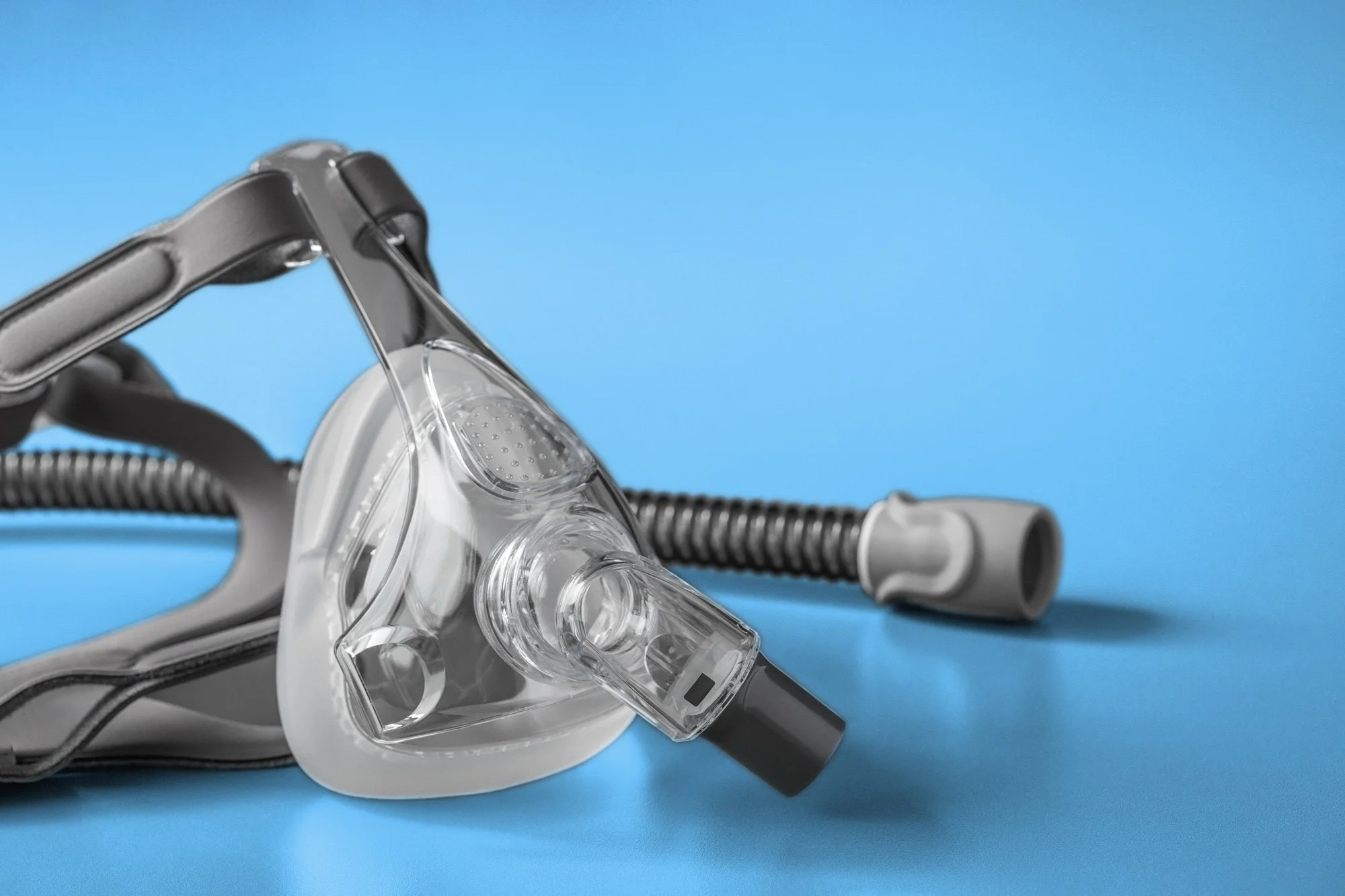Whether it was the endless snoring, the feeling of constant daytime fatigue, or sleep apnea’s serious comorbidities that drove you to get tested, you made the right decision to get control of this chronic sleep disorder…
Read MoreWhile much of today’s sleep apnea research focuses on its symptoms, treatment, and serious comorbidities, there is less research available on sleep apnea and anesthesia. Regardless of your age, gender or BMI, if you are having surgery or a procedure and “going under,” you will likely be asked preoperatively if you…
Read MoreWhile there are several risk factors for developing sleep apnea, obesity is the most important, according to the Mayo Clinic. The relationship between excess weight and sleep apnea is both reciprocal and complex. Research from the American Heart Association reveals that…
Read MoreIf you have been told you snore, wake up with a dry mouth or suffer from daytime drowsiness with brain fog, you may be one of the 25 million Americans who suffer from obstructive sleep apnea. While these symptoms may seem like more of an annoyance than signs of something serious, Obstructive Sleep Apnea has been linked to
Read MoreThe National Highway Traffic Safety Administration estimates drowsy driving causes approximately 100,000 traffic accidents on our nation’s roads and highways each year, resulting in over 50,000 injuries and nearly 800 fatalities. For the almost 25 million people who suffer from sleep apnea…
Read MoreFor the over 22 million people who suffer from obstructive sleep apnea in the United States, using a CPAP machine provides a gateway to a better night’s sleep while reducing the risk of the chronic comorbidities associated with the disease. Adapting to CPAP use may seem daunting at first but reaping the health benefits from this treatment is dependent on…
Read MoreHeadaches are one of the most common pain conditions in the world. The Cleveland Clinic estimates that over 75% of the population experiences a headache at least once a year. Headaches that occur in the morning and are accompanied by dry mouth and daytime fatigue may be related to Obstructive Sleep Apnea…
Read MoreOSA is characterized by lapses in breathing during sleep and has serious comorbidities, including heart disease, high blood pressure, and diabetes. The good news for the 22 million Americans suffering from OSA is that successful treatment is available. Continuous Positive Airway Pressure therapy, more commonly known as CPAP, is a gateway to not only a better night’s sleep but better overall health.
Read MoreWe associate cardiovascular wellbeing with eating a heart-healthy diet and getting regular exercise, but new research shows that a good night’s sleep is also critical to maintaining overall cardiovascular health. Of the 92 million people who suffer from cardiovascular disease, 60% also suffer from sleep apnea.
Read MoreAs with many health conditions, sleep apnea has varying degrees of severity. We are now learning that the more severe the sleep apnea, the more serious the health risk. Recent studies reveal a cancer connection in the most severe sleep apnea cases, underlining the dangers of letting obstructive sleep apnea go untreated.
Read MoreAccording to the American Sleep Apnea Association, 25 million American adults (or 20% of the population) suffer from sleep apnea, yet 80% go undiagnosed. The journey from screening to diagnosis and treatment has been further complicated by inefficient and costly silos of care. Patients are often referred to nonaligned specialists, consultants, and labs which inhibit coordinated care, leading to higher costs and poor outcomes. The good news is…
Read MoreTo fully understand the relationship between obstructive sleep apnea (OSA) and hospital readmission rates, it is necessary to understand the serious comorbidities associated with this chronic health condition. Because OSA is characterized by repeated interruptions in breathing during sleep, untreated sleep apnea has been linked to serious cardiovascular illnesses, including high blood pressure, arrhythmia, stroke, and heart failure. These same cardiovascular comorbidities are among the most frequent causes of hospital readmissions.
Read MoreWhile few would argue the importance of good nutrition and physical activity for optimal health, sleep has often been misunderstood, leading to neglect and misinformation. The emerging field of sleep medicine has put a new spotlight on the importance of sleep with new insights that are debunking some of the most common sleep myths. Here are three of the most common sleep myths and their serious health consequences.
Read MorePeerbridge Health and BetterNight are partnering on a unique new care management solution designed specifically for cardiology practices for earlier identification, treatment, and optimization of ongoing care management of patients with atrial fibrillation (AFib) and obstructive sleep apnea (OSA).
Read MoreWhile sleep apnea has been well-researched within the field of sleep medicine, its connection to the field of ophthalmology is still gaining traction. New studies reveal the association between sleep apnea and several eye disorders including glaucoma, Floppy Eyelid Syndrome and NAION.
Read MoreWhile both men and women suffer from Obstructive Sleep Apnea, men are diagnosed eight times more often than women and are twice as likely to have sleep apnea, according to sleepfoundation.org. The key differentiators in how sleep apnea presents in women versus men are best defined by their unique symptoms and even by how sleep apnea is defined. Research from the Johns Hopkins Hospital Sleep Disorders Center found that OSA symptoms in women are often not present at all or are very subtle.
Read MoreResearch supporting the connection between COVID-19 infection rates and obstructive sleep apnea has focused primarily on shared co-morbidities and medical risk factors. New research reveals that people who suffer from severe obstructive sleep apnea are at greater risk for contracting COVID-19.
Read MoreWhile comorbidities of obstructive sleep apnea have been well researched and documented, new mental health research reveals that depressive symptoms are highly prevalent in people with obstructive sleep apnea. According to Healthline, over 16 million people in the United States suffer from depression, and over 75 percent of people with depression have some form of sleep disorder.
Read More

















